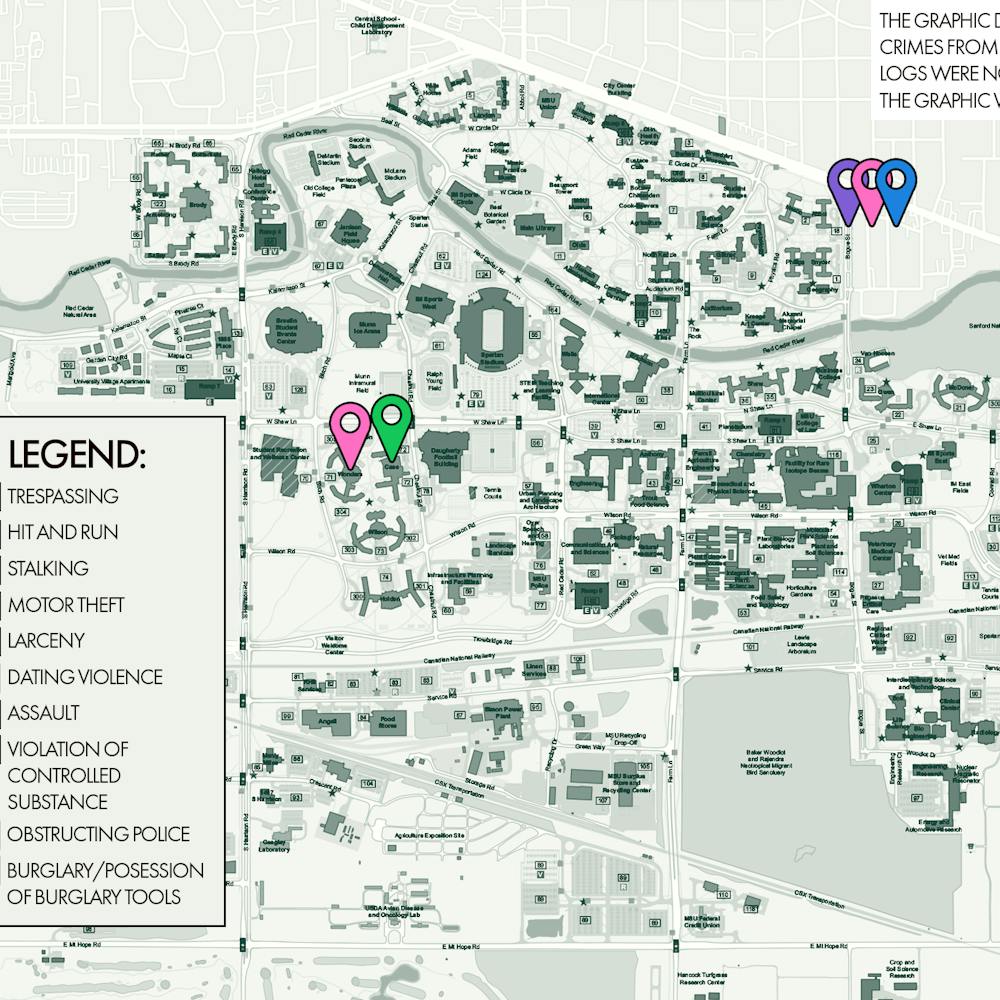Ever since the release date for “The Interview” was announced last year, North Korea has been featured prominently in the news. When news broke about the Sony hack, it was almost impossible to find a media outlet that didn’t have something to say about “the hermit kingdom.”
Jokes and political cartoons at the expense of the country have followed, with the recent Golden Globes parody by Margaret Cho as a North Korean general only adding fuel to the fire.
But let’s be clear on something: North Korea is not a joke.
Kim Jong-un’s babyish face and constant threats of terrorism against the United States often cause the Western world to imagine him as a comical toddler having a temper tantrum. This image is perpetuated frequently by political cartoonists who overemphasize Kim’s chubby cheeks. While such images may seem harmless to those of us who view North Korea from the outside, they are incredibly damaging to our perception of the country as a whole.
It bears repeating that North Korea is a very different world than the one we are familiar with in the United States. This is not a country where comedic jabs at government officials are taken with a grain of salt. This is a country where hundreds of thousands of citizens died of starvation in the 1990s because of a famine caused by an inept government.
North Korea has the worst track record of national human rights abuses in the entire world. Public executions for petty crimes, internment and re-education camps, arbitrary prison sentences and malnutrition are fears every North Korean citizen faces.
There is no freedom of speech, press or religion. North Korean citizens do not have the choice of viewing a cheap comedy made at the expense of their leader, because if caught doing so, a prison sentence — or worse — awaits them.
In December, the United Nations convened to review these human rights abuses for the first time in history. This decision also marked the first time the U.N. looked into human rights abuses of any specific country. Several North Korean prison camp survivors and former guards were present to share their nightmarish stories with the council. North Korean officials were notably absent from this meeting.
And "The Interview” takes into consideration none of these factors.
If Seth Rogen cared for more than tasteless humor and money, perhaps he would use his fame and international influence to draw attention to these abuses and look for ways to help North Koreans who suffer at the expense of his success. Instead, the $15 million dollars in online sales during the opening week alone has gone quietly into his and his friends’ pockets, while their lips have remained sealed on the raging controversy the film has created.
Some defendants of the film have claimed that “The Interview” is merely a modern example of Charlie Chaplin’s famous political parody “The Great Dictator.” These claims are erroneous. Unlike Rogen, Chaplin regretted making the film and said in his 1964 autobiography, “Had I known of the actual horrors of the German concentration camps, I could not have made ‘The Great Dictator;’ I could not have made fun of the homicidal insanity of the Nazis.”
Perhaps, if the world focused on the atrocities in North Korea instead of laughing at cheap jokes, Rogen would feel the same way.







